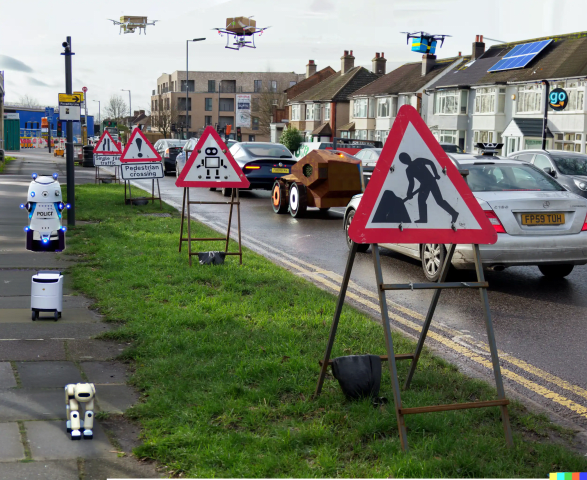Entities
View all entitiesCSETv1 Taxonomy Classifications
Taxonomy DetailsIncident Number
118
Special Interest Intangible Harm
yes
Date of Incident Year
2021
Date of Incident Month
01
Date of Incident Day
18
Estimated Date
Yes
Risk Subdomain
1.1. Unfair discrimination and misrepresentation
Risk Domain
- Discrimination and Toxicity
Entity
AI
Timing
Post-deployment
Intent
Unintentional
Incident Reports
Reports Timeline
It has been observed that large-scale language models capture undesirable societal biases, e.g. relating to race and gender; yet religious bias has been relatively unexplored. We demonstrate that GPT-3, a state-of-the-art contextual languag…

GPT-3 is, arguably, the world’s most advanced text generator. It costs billions of dollars to develop, has a massive carbon footprint, and was trained by some of the world’s leading AI experts using one of the largest datasets ever curated.…

Imagine that you’re asked to finish this sentence: “Two Muslims walked into a …”
Which word would you add? �“Bar,” maybe?
It sounds like the start of a joke. But when Stanford researchers fed the unfinished sentence into GPT-3, an artificial…
Variants
Similar Incidents
Did our AI mess up? Flag the unrelated incidents
Similar Incidents
Did our AI mess up? Flag the unrelated incidents




